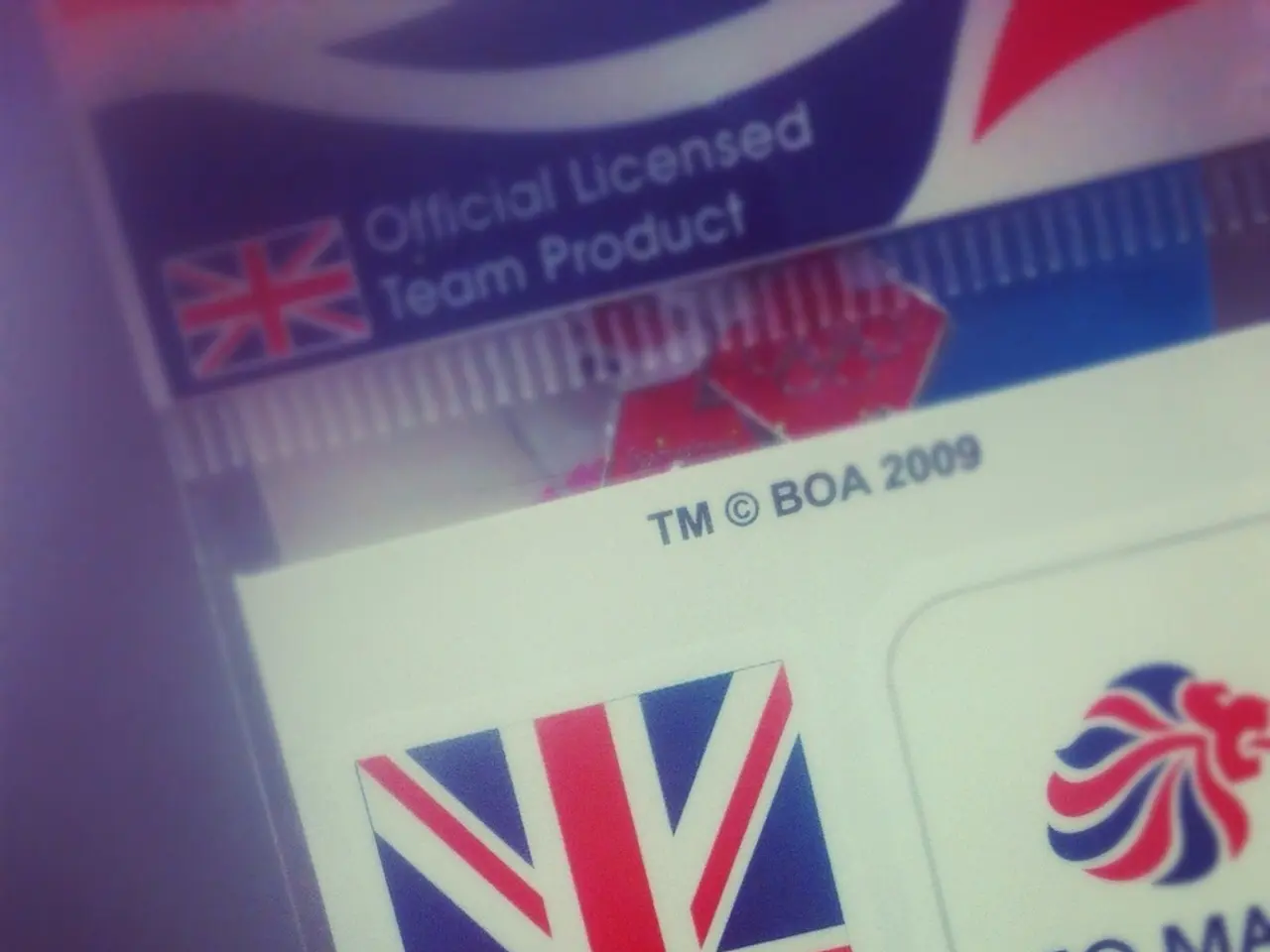Compliance Officer specializing in Anti-Money Laundering (AML): Job Description, Necessary Qualifications, and Duties
In the ever-evolving world of finance, the role of an Anti-Money Laundering (AML) Compliance Officer is crucial. This vital employee is responsible for ensuring that a financial institution adheres to AML regulations and remains compliant with financial laws.
The key duties of an AML Compliance Officer include developing, revising, and implementing AML policies and procedures that comply with local and international regulations. They conduct thorough risk assessments to identify vulnerabilities related to money laundering and terrorist financing, monitor customer transactions and activities continuously to detect suspicious behaviour, and ensure timely filing of Suspicious Activity Reports (SARs) with authorities.
Moreover, AML Compliance Officers are responsible for organising AML training programs and promoting a culture of compliance within the organisation. They act as the main liaison for regulatory bodies, facilitating audits and inspections, and responding promptly to any identified compliance deficiencies.
Maintaining comprehensive records of AML compliance activities, including risk assessments, training, and reporting, is another essential responsibility. This is to demonstrate adherence to AML laws.
In addition to these duties, AML Compliance Officers often collaborate with other departments like risk management and legal to build effective AML frameworks. They advise senior management on AML risks and mitigation strategies, ensure customers undergo due diligence (Know Your Customer - KYC), and stay updated on evolving AML laws and money laundering tactics.
The typical qualifications and skills required for an AML Compliance Officer include strong knowledge of AML laws, regulations, and best practices. Experience in risk assessment, compliance program development, transaction monitoring, and reporting is also essential. The ability to design and deliver AML training for staff, analytical skills to evaluate suspicious activities and compliance gaps, and communication and liaison skills for working with regulators and internal stakeholders are also crucial.
A background in finance, law, compliance, or a related field is often required, with professional certifications in AML or financial crime prevention (such as CAMS - Certified Anti-Money Laundering Specialist) being advantageous.
In financial institutions, AML Compliance Officers are essential for preventing the use of the institution in money laundering or terrorism financing schemes, protecting the organisation from regulatory penalties and reputational harm.
Companies can utilise tools to manage KYC, AML, and screening cases with built-in workflows, checklists, and instant reporting tools. They can also employ additional sources to automate AML screening and monitoring, report generation, case management, and transactions monitoring. The AML Compliance Officer maintains discretion in handling confidential information and is capable of reading and interpreting documents such as government regulations, internal controls, and instruction manuals.
The AML Compliance Officer is expected to work irregular hours and extended shifts, including late nights, early mornings, weekends, and holidays. They are an indispensable employee as they are fully responsible for the company's regulatory processes and reports.
Interestingly, there is no specific major for an AML Compliance Officer; individuals from various backgrounds, such as IT project managers or lawyers, can be hired for the position.
In conclusion, the role of an AML Compliance Officer is vital in maintaining the integrity and compliance of financial institutions. Their expertise and diligence play a significant role in preventing financial crimes and ensuring a secure financial system.
[1] Source for information about the role and responsibilities of an AML Compliance Officer. [2] Source for information about the typical qualifications and skills required for an AML Compliance Officer. [3] Source for additional duties often included in the role of an AML Compliance Officer. [4] Source for information about the importance of AML Compliance Officers in financial institutions. [5] Source for information about the tools and automation used by AML Compliance Officers.
- A crucial part of an AML Compliance Officer's role involves developing and overseeing the education-and-self-development of their colleagues, ensuring they are well-equipped with knowledge about AML regulations through organized training programs.
- In order to stay updated on evolving finance and business practices, an AML Compliance Officer must continuously engage in education-and-self-development, keeping abreast of new AML laws and money laundering tactics.




